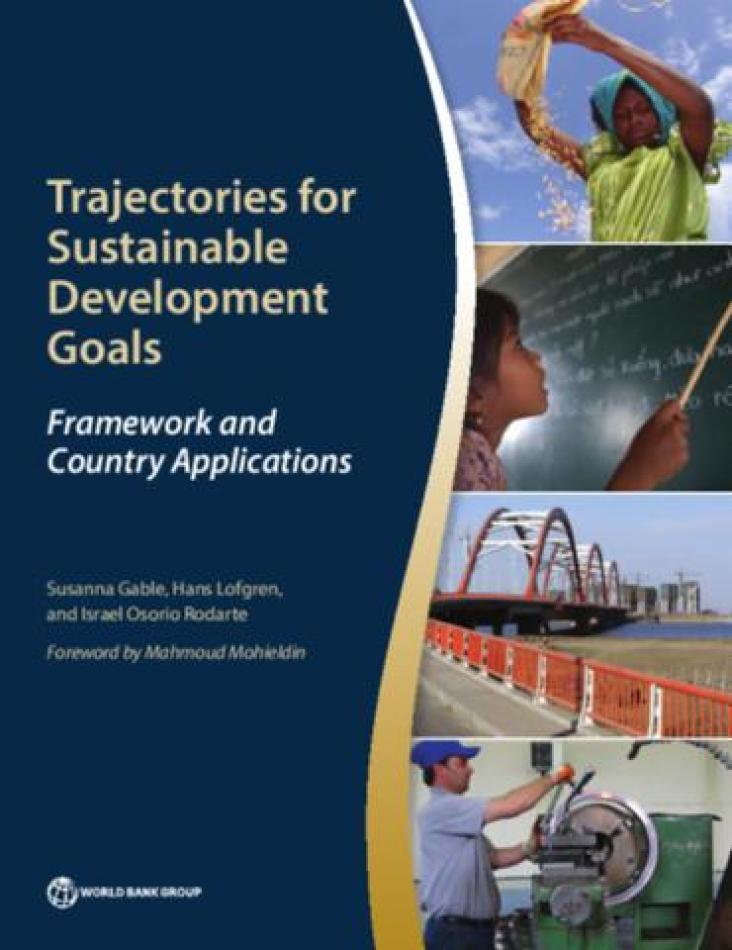Framed in feminist political ecology, this paper presents an intersectional analysis of the gender-water-tourism nexus.

How can innovations in chemistry, energy, and biotechnology jointly be applied in low-resource settings for the benefit of a community?
This LabLinks meeting combines the expertise in the applied biosciences of Trends in Biotechnology, Joule’s interest in both scientific and sustainability developments in energy, and Chem’s focus on basic chemical science with relevance to the United Nations Sustainable Development Goals.
Calibrated models can reasonably capture descriptions between input and output variables and can thus be used to estimate long term groundwater levels.

The RELX Group Environmental Challenge, with a $50,000 prize for the first place entry and a $25,000 prize for the second place entry, is awarded to projects that provide sustainable access to safe water where it is presently at risk and/or access to improved sanitation. This directly assists SDG 6.1 and 6.2 to achieve universal and equitable access to safe and affordable drinking water and access to adequate and equitable sanitation and hygiene, for all. Find out more about the 2017 winners.
2016 first prize winner of RELX Group Environmental Challenge, Loowatt, developed a waterless and energy-generating toilet system that is clean and odourless. Loowatt's patented core technology and luxury festival toilet business in the UK is helping to transform the lives of communities in Antananarivo, Madagascar's capital, through access to quality sanitation and job creation.
This chapter advances SDG 6, 11, and 12 by discussing the state-of-the-art of managing water supply and demand as a natural resource, and what indicators are being developed to identify water scarcity worldwide.
This book chapter advances SDG 3, 6, and 12 by demonstrating the major water pollutants of incipient concern, their source, and fate.
Climate change, population growth and rapidly increasing urbanisation severely threaten water quantity and quality in Sub-Saharan Africa.

This book presents the country development diagnostics post-2015 framework, developed by the World Bank Group to assess the country-level implications of the post-2015 global agenda, as well as brief, ‘at-a-glance’ applications of the framework to ten countries: Ethiopia, Jamaica, the Kyrgyz Republic, Liberia, Nigeria, Pakistan, Peru, the Philippines, Senegal, and Uganda.

The RELX Group Environmental Challenge is awarded to projects that provide sustainable access to safe water where it is presently at risk and/or access to improved sanitation. Projects must have clear practical applicability, address identified need, and advance related issues such as health, education, or human rights. There is a $50,000 prize for the first place entry and a $25,000 prize for the second place entry. This directly assists SDG 6.1 and 6.2 to achieve universal and equitable access to safe and affordable drinking water and access to adequate and equitable sanitation and hygiene, for all.
